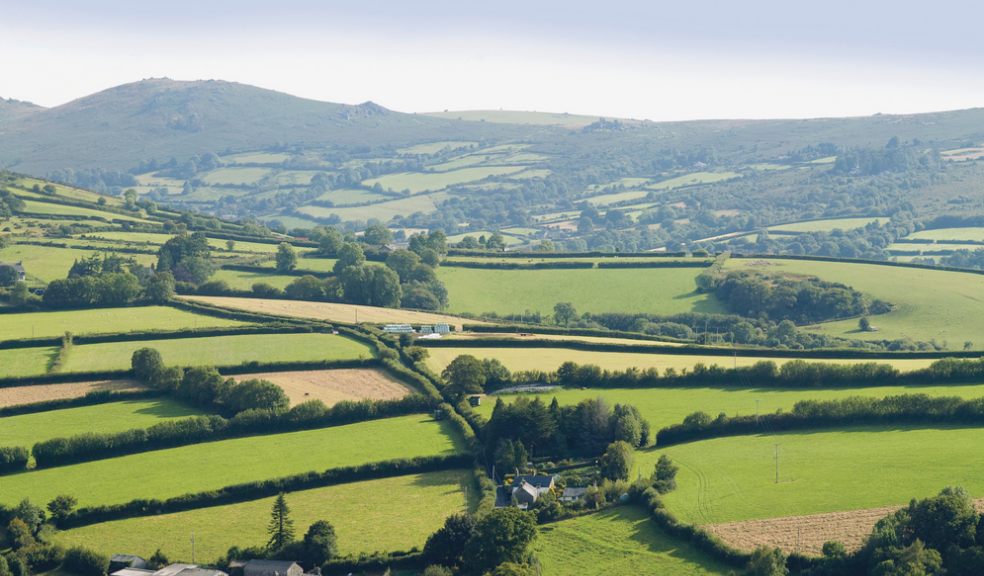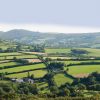
Agreement ensures National Parks are connected
England's National Parks stand to benefit from improved mobile coverage in ways that respect their very sensitive environment, following a landmark agreement between National Parks England the Mobile Operators Association.
The agreement has attracted support and was launched by Government Ministers from DCMS, Defra and CLG.
The Accord was brokered between National Parks England and the Mobile Operators Association and aims to:
- help communities living in National Parks to benefit from consistent high quality connectivity;
- protect the special qualities of the National Parks by minimising any adverse environmental impacts; and
- to support close working between Operators and National Park Authorities to achieve these aims.
With English National Parks covering almost 10% of the country, the new agreement is an important step forward in making sure our rural areas benefit from modern technological advances.
There are now over 82.7 million mobile subscriptions in the UK.
Around a quarter of adults now own a tablet device and half of us are using our mobile phones for internet access.
Almost nine in ten small businesses say that a mobile phone is important to their business operation.
Chair of National Parks England and the North York Moors National Park Authority, Jim Bailey said: "National Parks have always been about finding pragmatic long term solutions to the many competing demands on land. Ensuring modern telecommunications infrastructure is no different. Today's agreement will be good for the thousands of businesses and people living in our National Parks, for the millions who visit them, and for the stunning landscapes and towns that are the lifeblood for our rural economies."
Executive Director for the Mobile Operators Association, John Cooke said: "There are compelling social and economic reasons for having good mobile connectivity, including mobile broadband, in rural areas; the benefits are even greater to rural communities, because such connectivity mitigates the disadvantages of greater physical distances and poor transport links. Operators have worked well with National Parks England to ensure that the benefits of mobile connectivity reach communities in these beautiful parts of our country and help them survive and thrive in the 21st century."
Communications Minister, Ed Vaizey MP said: "Our National Parks are areas of incredible beauty but they are also places where people live and work. They need access to the modern communications that many of us have taken for granted for years. The new agreement could make a real difference to those who live, work or visit our glorious National Parks."
Environment Minister Lord de Mauley, said: "Our National Parks are living, working places worth more than £4 billion to our economy - it is essential businesses and homes there have access to 21st century communications.
"This spirit of cooperation is exactly what is needed to bring modern technology to remote areas so we can close the digital divide and help grow our rural economy. The Government takes this issue extremely seriously - we are funding the £150 million Mobile Infrastructure Project to deal with mobile 'notspots' across the UK, just one aspect of our long term economic plan."
Planning Minister Nick Boles MP said: "I welcome the publication of the Accord between National Parks England and the Mobile Operators Association to provide the best possible mobile coverage in National Parks. The Accord supports the principles of the sector-led and owned Code of Best Practice on Mobile Phone Network Deployment, published last July."
Exmoor's National Park Officer, Nigel Stone added: "National Park Authorities have developed good working relationships with the installers of mobile phone networks where close working has enabled areas to receive good coverage without detriment to some of England's most sensitive landscapes. Increasingly, the cost of deployment and operation of new mobile phone masts has been the most significant barrier to wider coverage as we have worked together to enable careful siting and design of new installations. We welcome interest from mobile operators in extending their networks to the benefit of local communities and visitors to National Parks."



















